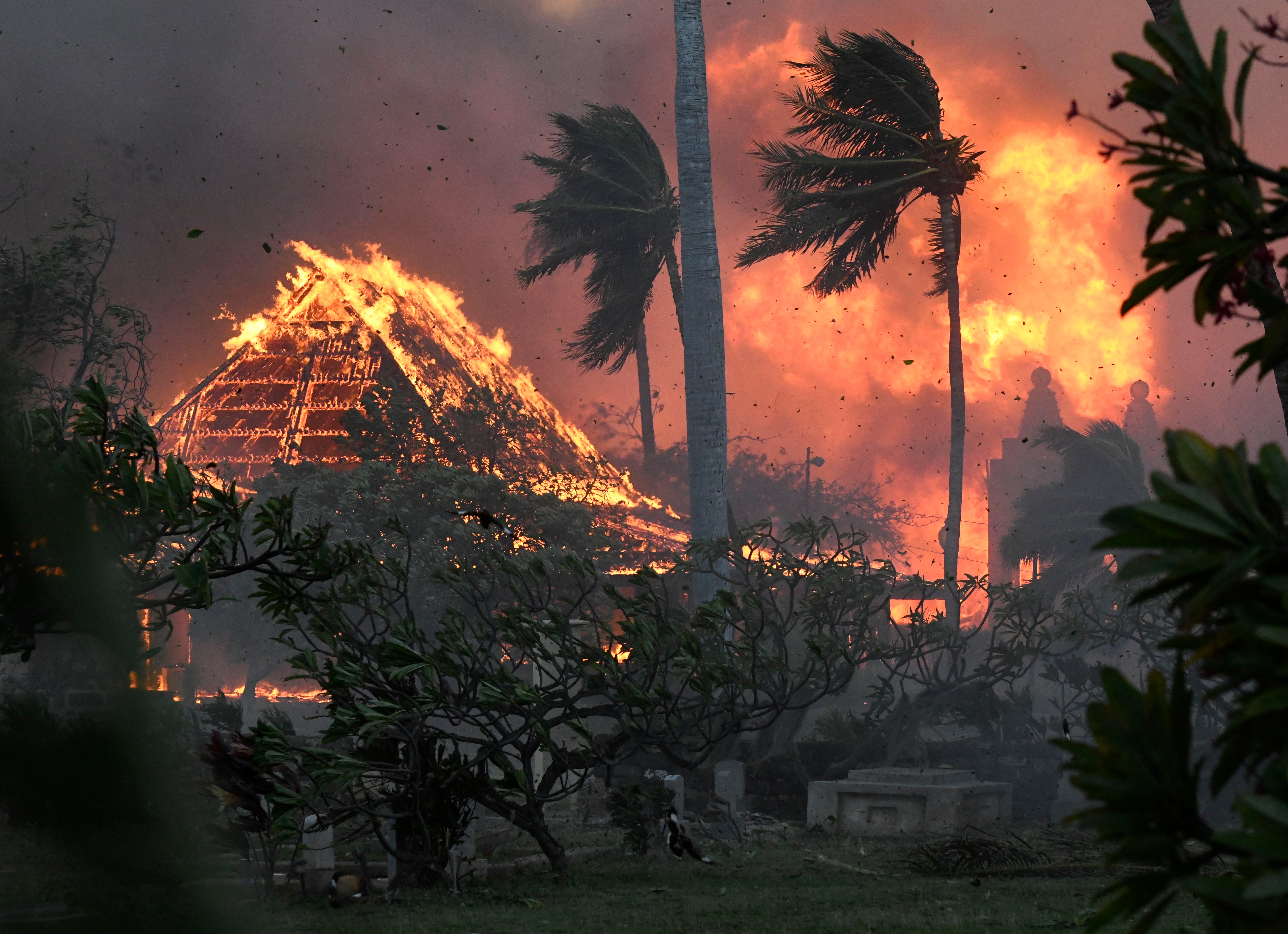Hawaii Supreme Court agrees to weigh in on issues holding up $4B wildfire settlement
Hawaii’s Supreme Court will consider questions about issues that threaten to thwart a $4 billion settlement in last year’s devastating Maui wildfires

Your support helps us to tell the story
From reproductive rights to climate change to Big Tech, The Independent is on the ground when the story is developing. Whether it's investigating the financials of Elon Musk's pro-Trump PAC or producing our latest documentary, 'The A Word', which shines a light on the American women fighting for reproductive rights, we know how important it is to parse out the facts from the messaging.
At such a critical moment in US history, we need reporters on the ground. Your donation allows us to keep sending journalists to speak to both sides of the story.
The Independent is trusted by Americans across the entire political spectrum. And unlike many other quality news outlets, we choose not to lock Americans out of our reporting and analysis with paywalls. We believe quality journalism should be available to everyone, paid for by those who can afford it.
Your support makes all the difference.Hawaii’s Supreme Court will consider questions about issues that threaten to thwart a $4 billion settlement in last year’s devastating Maui wildfires.
A Maui judge last month agreed to ask the state high court questions about how insurance companies can go about recouping money paid to policyholders.
The Supreme Court issued an order Wednesday accepting the questions and asking attorneys on all sides to submit briefs within 40 days.
It was expected that the battle over whether the settlement can move forward would reach the state Supreme Court.
Insurance companies that have paid out more than $2 billion in claims want to bring independent legal action against the defendants blamed for causing the deadly tragedy. It is a common process in the insurance industry known as subrogation.
But Judge Peter Cahill on Maui ruled previously they can seek reimbursement only from the settlement amount defendants have agreed to pay, meaning they can’t bring their own legal actions against them. The settlement was reached on Aug. 2, days before the one-year anniversary of the fires, amid fears that Hawaiian Electric, the power company that some blame for sparking the blaze, could be on the brink of bankruptcy. Other defendants include Maui County and large landowners.
Preventing insurers from going after the defendants is a key settlement term.
One of those questions is whether state statutes controlling health care insurance reimbursement also apply to casualty and property insurance companies in limiting their ability to pursue independent legal action against those who are held liable.
Lawyers representing the insurance companies have said they want to hold the defendants accountable and aren’t trying to get in the way of fire victims getting settlement money.
Individual plaintiffs’ attorneys are concerned allowing insurers to pursue reimbursement separately will subvert the deal, drain what is available to pay fire victims and lead to prolonged litigation.